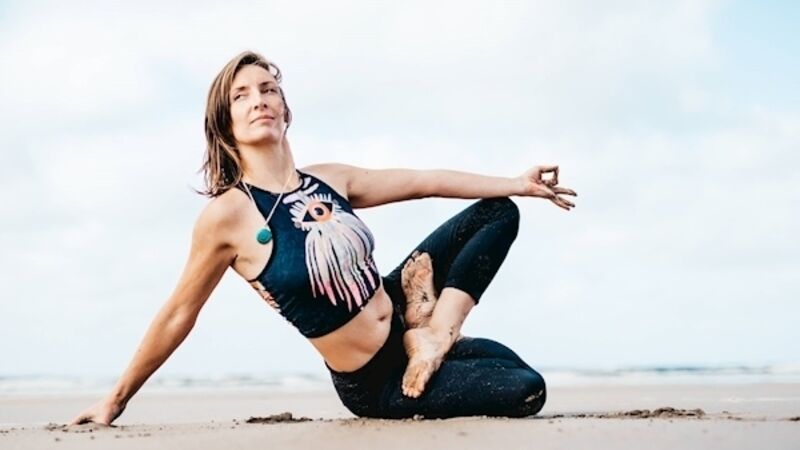Michelle Moroney highlights the need to take stock of our lives

Cliffs of Moher Retreat owner Michelle Moroney has written a book on finding self-worth and stepping back from our 24/7 lives. She talks to about the need to unwind
IT’S a word that tends to inspire dread, particularly in a financial sense — nobody looks forward to an audit. But when it comes to our lives, there is value in taking stock of where we are and looking at the entries on our physical, emotional, and spiritual balance sheets.











